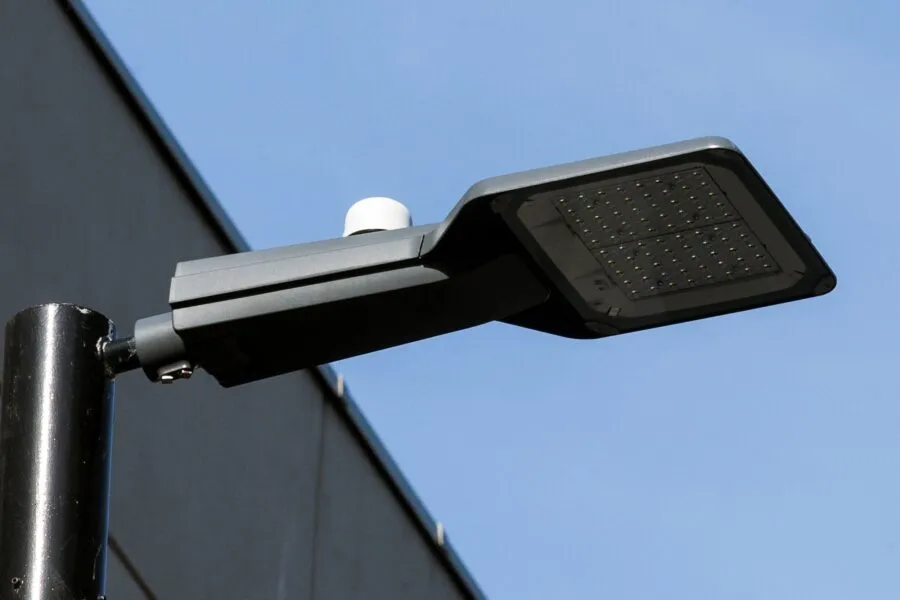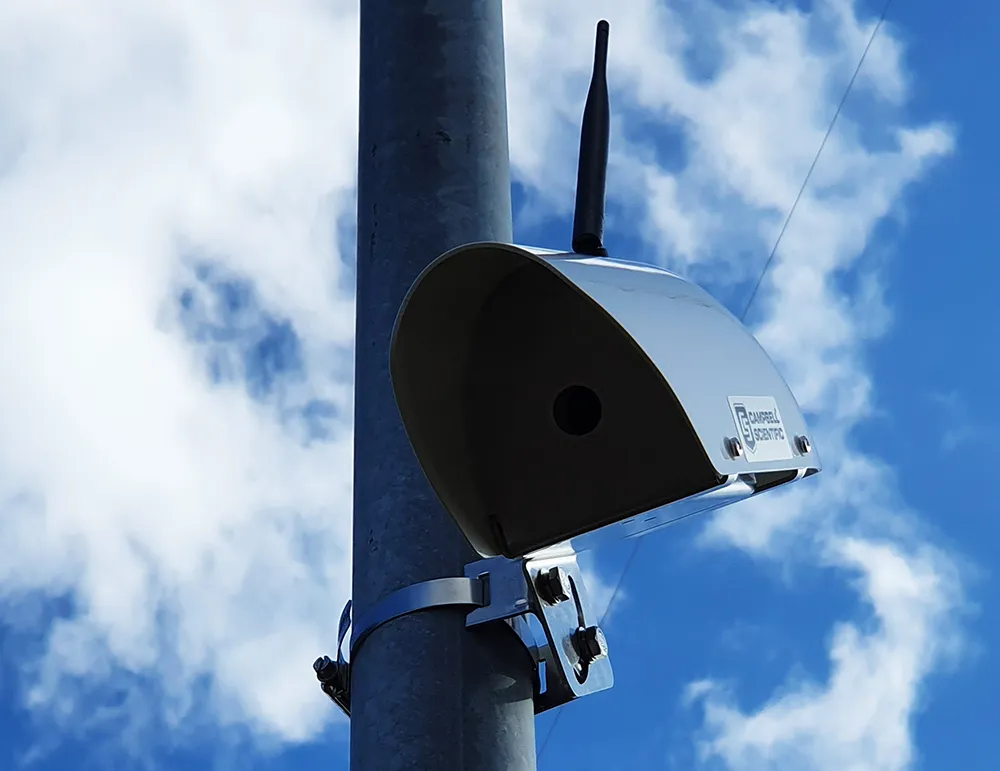
Formed in 1989, Plextek is a technology design house specialising in communications technology products and systems.
Telensa pioneered the system that meters, manages and controls streetlights, a process now labelled smart street lighting. It uses the Ultra Narrow Band (UNB) wireless protocol to achieve outstanding coverage owing to its long radio range and correspondingly low requirements for cells and associated base station hardware.
The Telensa system is typically procured by local councils and utility organisations attracted by its green credentials, creating a return on investment in just three years, based on savings from lower electricity consumption and reduced maintenance costs. Telensa has more than two million connected streetlights in 400 cities globally, based on nearly 100 networks.
Signify, formerly known as Philips Lighting, is a Dutch multinational lighting business formed in 2016 through a spin-off of the lighting division of Philips. The company manufactures electric lights and light fixtures for consumers, roads, professionals and the IoT (Internet of Things). In 2018, Philips Lighting changed its name to Signify but the company still produces lights under the Philips brand.
In a statement, Signify said that with Telensa, Signify adds a narrow-band and TALQ-compliant solution to its feature-rich, open and secured systems. This enables Signify to service a broader group of customers by making smart city infrastructure affordable to cities using the unlicensed radio space. Telensa will continue to sell its systems under its own brand name. Recent Telensa projects include those in the US, Brazil, Hong Kong, UAE, Australia and New Zealand.









